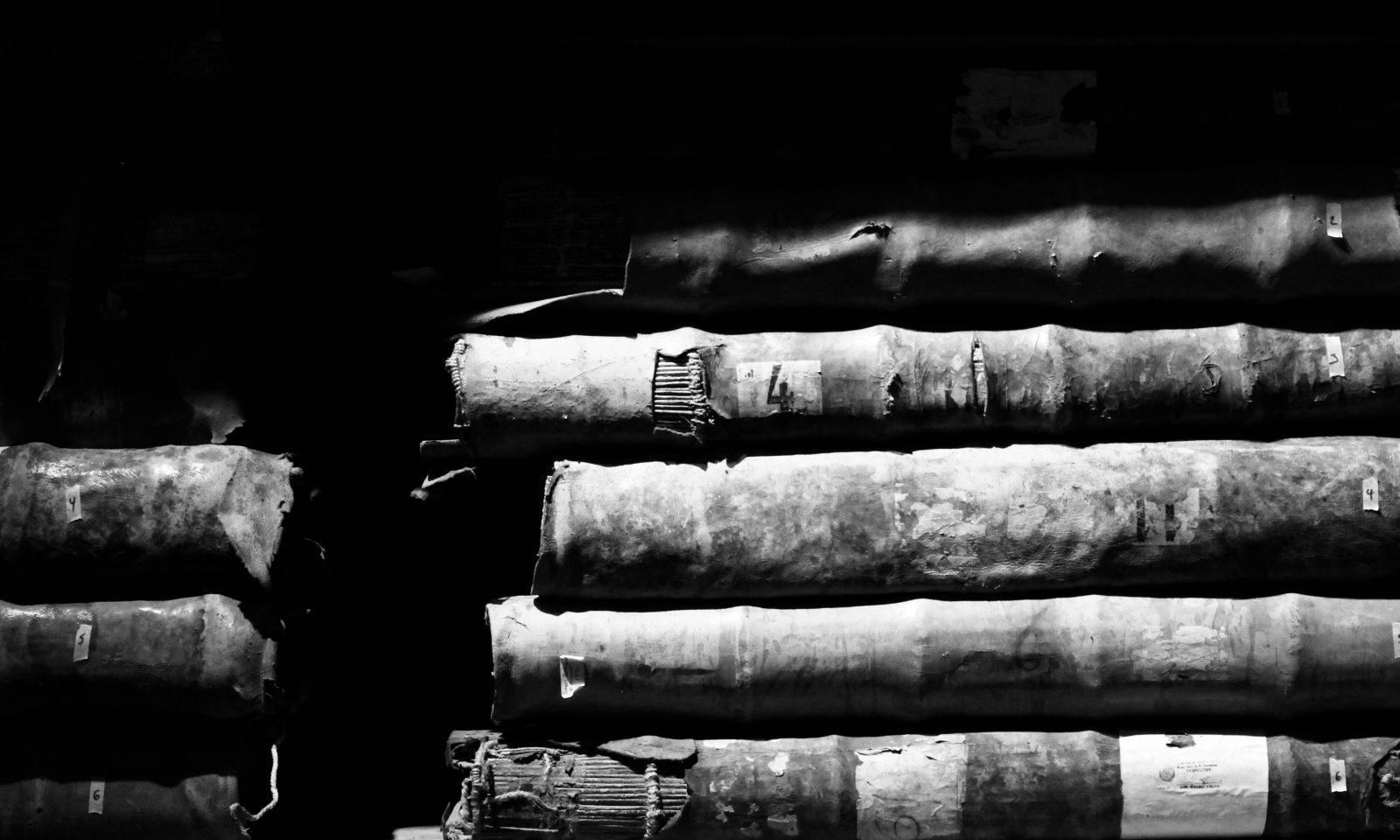More on Articles 8 through 11 of the new DSM Directive
On 2 December 2019, Communia published the Guidelines for the implementation of the DSM Directive. Ariadna Matas and Paul Keller have produced a Guide to Articles 8 through 11 of the DSM Directive, which govern the use, digitalisation and making available online of Out of Commerce Works (OOCWs) by Cultural Heritage Institutions (CHIs).
Article 8 of the new DSM Directive stipulates that member states must provide a legal solution to the CHIs in order to allow them to digitise and make available online OOCWs. This can be achieved either through licenses, provided by representative Collective Management Organisations, or through exceptions to copyright. Rights holders, whose works are digitised and made available under these provisions, can request the removal of their works from what has been made available through the license or the exception.
Article 9 stipulates that Article 8 mechanisms must be accessible in all EU Member States. Further, pursuant to Article 10, the European Union Intellectual Property Office – EUIPO shall establish and manage a public single online portal, where information on OOCWs will be available.
Article 11 states that Member States must organise a stakeholder dialogue in order to agree on requirements of what is considered an OOCW, and at the practical level to make licenses and the exception workable.
For a detailed analysis, read the Guide on Articles 8 through 11, prepared by Europeana and Communia.
The Grand Board of the European Union Intellectual Property Office (EUIPO) finally ruled that the figurative sign ‘COVIDIOT’ cannot be registered as an EU trademark.
The 4th Open Knowledge Day took place on Tuesday 17 October 2023, with an accompanying workshop on 18 October 2023. This year it was organised by the Open Data and Intellectual Property Institute (ODIPI) and supported by Knowledge Rights 21 (KR21).
We invite you to the fourth Open Knowledge Day and the workshop, which will take place this year within the framework of the programme and with the support of Knowledge Rights 21. The event will bring together experts from different European countries to discuss two topics: the first part will deal with the legal basis for data analytics, which is a key part of machine learning and related artificial intelligence, and the general exception for research. In the second part, open science in theory and practice will be presented both in Slovenia and in some Western Balkan countries. Representatives of research and educational institutions from Slovenia and the Western Balkan countries, as well as interested members of the public, are invited to attend.
Dr. Maja Bogataj Jančič, a renowned expert in copyright law, has joined the Berkman Klein Center for Internet & Society at Harvard University, where she will serve as an affiliate researcher for the next two years.





